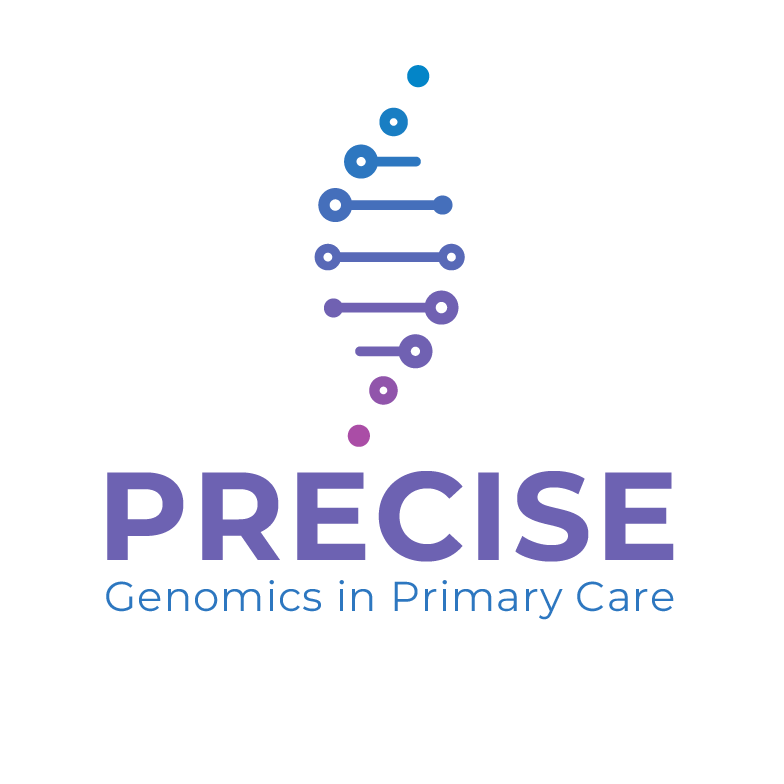Are we smarter than machines?
So, the Theory of Everything won an Oscar yesterday. As a result, I had a great discussion with Dr Malcolm Ireland today (Director of Training at Wentwest). We were discussing Stephen Hawking's recent comment that artificial intelligence will be 'the end of mankind'.
Malcolm made two great points:
1. Expert systems have historically worked deductively... start with a large amount of information, then try to reduce the number of possibilities through iterative questioning until you arrive at the likely answer. And yet expert humans don't do that. We don't really know how they do it... some call it pattern recognition, or intuition... but a great clinician works in reverse. "A 67 year old man presents with cough, haemoptysis..." and they are already deducing that it may be TB, Ca Lung, acute pneumonia. They then work backwords, hypothesis testing against the likely outcomes, rather than starting with an exhaustive list and testing each one. Maybe that is what it is to master an art. It may be a while before machines are there (but they are getting smarter every day!!)
2. Malcolm also thought that, whilst machines rely on large data stores, so much of that data has been created by humans, is incomplete, is stored in inaccessible places, is not interoperable and is, essentially, human and messy. As a result, machines will have trouble for quite some time becoming highly accurate in some of the 'greyer' areas of human knowledge. In effect, our own human messiness and incompetence may save us yet!!
What do you think? Are the machines coming?...

Stephen is a GP Supervisor, Medical Educator, GP academic and Medical Director of Medcast. He has completed a PhD on Virtual Communities of Practice in GP Training.
Become a member and get unlimited access to 100s of hours of premium education.
Learn moreGenetic testing in general practice: Dr. Alan Ma explains which tests GPs can order, when to refer, and how the PRECISE portal supports confident testing and referral decisions.
MyMedicare is now part of routine general practice, with practical implications for billing, continuity of care, and practice systems. This FastTrack clarifies important points regarding eligibility, impacts on the GPCCMP billing, and how to avoid rejected claims. 30mins each RP and EA available.
Genomics is now part of everyday general practice. The PRECISE Genomics in Primary Care hub gives Australian GPs fast, practical tools to recognise genetic red flags, guide testing and support timely referrals.

